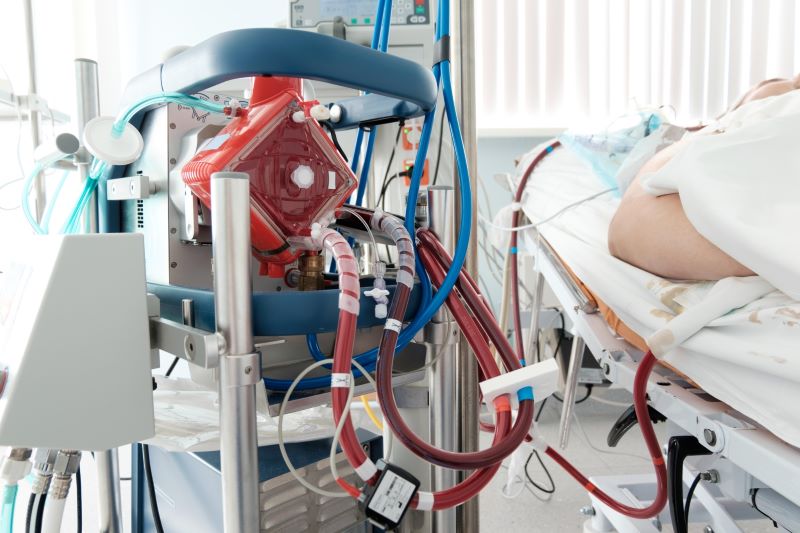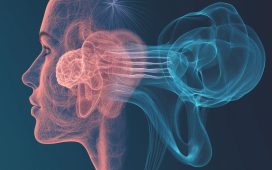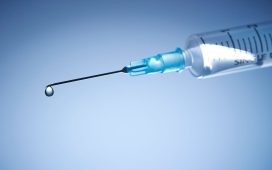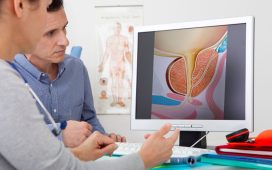Early application of prone positioning during ECMO not associated with shorter time to successful weaning
By Elana Gotkine HealthDay Reporter
FRIDAY, Dec. 29, 2023 (HealthDay News) — For patients with severe acute respiratory distress syndrome (ARDS) undergoing venovenous extracorporeal membrane oxygenation (VV-ECMO), prone positioning does not decrease the time to successful weaning compared with supine positioning, according to a study published in the Dec. 1 issue of the Journal of the American Medical Association.
Matthieu Schmidt, M.D., from Sorbonne Universit © in Paris, and colleagues conducted a randomized clinical trial involving patients with severe ARDS undergoing VV-ECMO for less than 48 hours at 14 intensive care units (ICUs). Patients were randomly assigned to prone positioning (at least four sessions of 16 hours) or supine positioning (86 and 84 patients, respectively).
The researchers found that 94 percent of the patients had COVID-19-related ARDS. Ninety-six percent were in prone position before initiation of ECMO. Within 60 days of enrollment, 44 percent had successful ECMO weaning in the prone and in the supine ECMO groups. No significant difference was seen in ECMO duration, ICU length of stay, or mortality within 90 days. During the prone position procedure, there were no serious adverse events.
“In this randomized clinical trial among patients with severe ARDS receiving VV-ECMO, the early application of prone position during ECMO was not associated with a shorter time to successful ECMO weaning,” the authors write.
Several authors disclosed ties to the pharmaceutical and medical device industries.
Editorial (subscription or payment may be required)
Copyright © 2024 HealthDay. All rights reserved.








